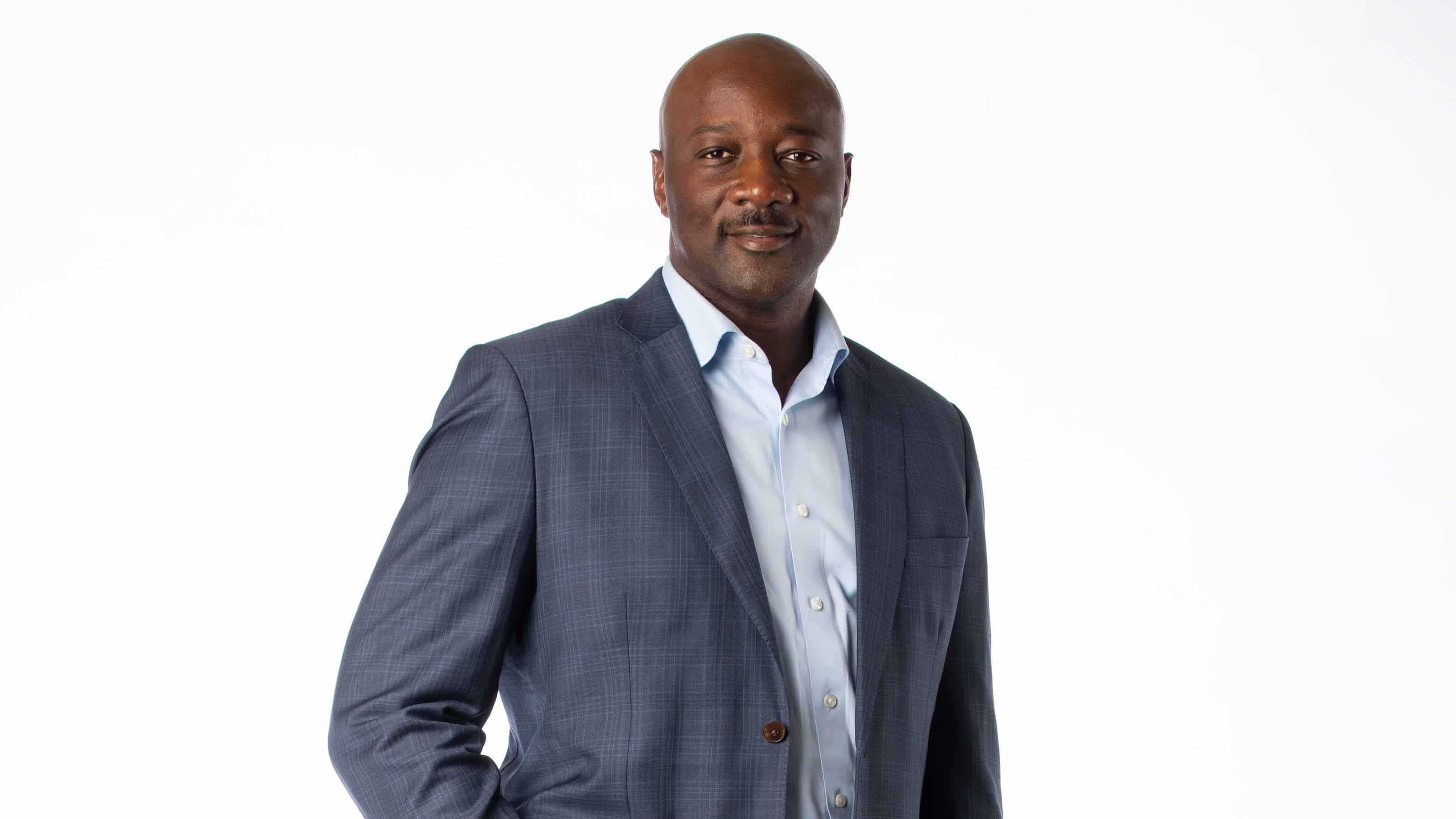Investing for a Child
You have lots of choices when it comes to saving for your kid's future. Find out which option is best for you.

Profit and prosper with the best of Kiplinger's advice on investing, taxes, retirement, personal finance and much more. Delivered daily. Enter your email in the box and click Sign Me Up.
You are now subscribed
Your newsletter sign-up was successful
Want to add more newsletters?

Delivered daily
Kiplinger Today
Profit and prosper with the best of Kiplinger's advice on investing, taxes, retirement, personal finance and much more delivered daily. Smart money moves start here.

Sent five days a week
Kiplinger A Step Ahead
Get practical help to make better financial decisions in your everyday life, from spending to savings on top deals.

Delivered daily
Kiplinger Closing Bell
Get today's biggest financial and investing headlines delivered to your inbox every day the U.S. stock market is open.

Sent twice a week
Kiplinger Adviser Intel
Financial pros across the country share best practices and fresh tactics to preserve and grow your wealth.

Delivered weekly
Kiplinger Tax Tips
Trim your federal and state tax bills with practical tax-planning and tax-cutting strategies.

Sent twice a week
Kiplinger Retirement Tips
Your twice-a-week guide to planning and enjoying a financially secure and richly rewarding retirement

Sent bimonthly.
Kiplinger Adviser Angle
Insights for advisers, wealth managers and other financial professionals.

Sent twice a week
Kiplinger Investing Weekly
Your twice-a-week roundup of promising stocks, funds, companies and industries you should consider, ones you should avoid, and why.

Sent weekly for six weeks
Kiplinger Invest for Retirement
Your step-by-step six-part series on how to invest for retirement, from devising a successful strategy to exactly which investments to choose.
My son is 14 months old, and I would like to place a one-timelump sum amount ($2,000 to $4,000) in either mutual funds or a Roth IRA. I understand that the account will become his once he hits 18, but I would hope that the money could continue growing until he turns 65. What issues do I need to be aware of and whichinvestment vehicle is preferred?
What a great idea. However, you can't open a Roth IRA for him until he has earned income himself, so you'll need to wait several years until his first job. But you do have other options until then.
If you want the best tax benefits, start contributing to a 529 college-savings plan now, where the money can be used tax-free for college. You may even get a state income-tax deduction for your contribution. See Find the Best 529 Plan for details about each state's plan and a list of our favorites.
From just $107.88 $24.99 for Kiplinger Personal Finance
Become a smarter, better informed investor. Subscribe from just $107.88 $24.99, plus get up to 4 Special Issues

Sign up for Kiplinger’s Free Newsletters
Profit and prosper with the best of expert advice on investing, taxes, retirement, personal finance and more - straight to your e-mail.
Profit and prosper with the best of expert advice - straight to your e-mail.
The downside to the 529, though, is that he must use the money for college (or grad school) or else pay a penalty (see Avoid 529 Penalties for details). If you want to start building savings in his name that he can hold onto for the rest of his life, the best option you have now is with a custodial account.
With a custodial account, you can invest the money however you want now and use it for his benefit until he reaches the age of majority (18 or 21, depending on the state), when he will control it. You won't have the tax advantages that you'd have with a 529 or a Roth. And the tax laws recently changed so that custodial account dividends and capital gains above a certain amount are now taxed at the parents' rate, rather than the child's lower rate, until the child turns age 18 (and in 2008, the age rises to 19 for dependents or 24 for dependents who are full-time students). For more information about the new rules, see Congress Closes the Kiddie-Tax Loophole.
To get the maximum tax advantages from this very long-term savings, I'd recommend investing some money in a 529 now to save for college, then opening up a Roth IRA for your son as soon as he has any earned income -- even if it's just from mowing lawns or delivering newspapers.
Even though he can't invest in the Roth quite yet, it really does offer the best tax benefits for his future and can give him a tremendous head start on his retirement savings. He'll be able to withdraw the contributions tax- and penalty-free at any age and can take out the earnings tax-free after age 59½, as long as he's had a Roth for at least five years.
His contribution amount will be limited to his earned income for the year. So he may only be able to contribute $1,000 in the first year, for example, if that's how much he earned from his job. But he doesn't have to contribute the money himself; you can give him the cash to open the account, as long as it's no more than his earned income.
That small start can make a huge difference over time, especially if he waits 50 years before touching the money. If you give your son $1,000 to fund a Roth IRA when he's 15 years old and the money inside the account grows at an annual average rate of 8% -- well below the long-term average return for stocks -- then that $1,000 will grow to about $47,000 by the time he's 65. That's just from the original $1,000 investment. If you added another $1,000 a year until he turned 20, then that initial $5,000 investment would be worth nearly $250,000 by his 65th birthday -- even if he never added another dime.
See Why Your Kids Need a Roth IRA for more information, and see Roth Rules for Kids for details about which jobs count (it has to be a real job, not just allowance for chores around the house) and how to find an IRA administrator that will let you open an account for a minor. And check out Ride a Roth to Riches for advice about getting started and investing the money.
Profit and prosper with the best of Kiplinger's advice on investing, taxes, retirement, personal finance and much more. Delivered daily. Enter your email in the box and click Sign Me Up.

As the "Ask Kim" columnist for Kiplinger's Personal Finance, Lankford receives hundreds of personal finance questions from readers every month. She is the author of Rescue Your Financial Life (McGraw-Hill, 2003), The Insurance Maze: How You Can Save Money on Insurance -- and Still Get the Coverage You Need (Kaplan, 2006), Kiplinger's Ask Kim for Money Smart Solutions (Kaplan, 2007) and The Kiplinger/BBB Personal Finance Guide for Military Families. She is frequently featured as a financial expert on television and radio, including NBC's Today Show, CNN, CNBC and National Public Radio.
-
 The New Reality for Entertainment
The New Reality for EntertainmentThe Kiplinger Letter The entertainment industry is shifting as movie and TV companies face fierce competition, fight for attention and cope with artificial intelligence.
-
 Stocks Sink With Alphabet, Bitcoin: Stock Market Today
Stocks Sink With Alphabet, Bitcoin: Stock Market TodayA dismal round of jobs data did little to lift sentiment on Thursday.
-
 Betting on Super Bowl 2026? New IRS Tax Changes Could Cost You
Betting on Super Bowl 2026? New IRS Tax Changes Could Cost YouTaxable Income When Super Bowl LX hype fades, some fans may be surprised to learn that sports betting tax rules have shifted.
-
 Money for Your Kids? Three Ways Trump's ‘Big Beautiful Bill’ Impacts Your Child's Finances
Money for Your Kids? Three Ways Trump's ‘Big Beautiful Bill’ Impacts Your Child's FinancesTax Tips The Trump tax bill could help your child with future education and homebuying costs. Here’s how.
-
 Key 2025 Tax Changes for Parents in Trump's Megabill
Key 2025 Tax Changes for Parents in Trump's MegabillTax Changes Are you a parent? The so-called ‘One Big Beautiful Bill’ (OBBB) impacts several key tax incentives that can affect your family this year and beyond.
-
 What Does Medicare Not Cover? Eight Things You Should Know
What Does Medicare Not Cover? Eight Things You Should KnowMedicare Part A and Part B leave gaps in your healthcare coverage. But Medicare Advantage has problems, too.
-
 QCD Limit, Rules and How to Lower Your 2026 Taxable Income
QCD Limit, Rules and How to Lower Your 2026 Taxable IncomeTax Breaks A QCD can reduce your tax bill in retirement while meeting charitable giving goals. Here’s how.
-
 How to Benefit From Rising Interest Rates
How to Benefit From Rising Interest RatesFinancial Planning Savers will get the best rates from top-yielding savings and money market deposit accounts at online banks.
-
 3 Key Ways You Can Help a Child or Grandchild Pay for College
3 Key Ways You Can Help a Child or Grandchild Pay for Collegecollege Options such as 529 plans, education savings accounts and tax-free gifts can ensure you don’t carry a child’s student loan debt into your golden years.
-
 Donor-Advised Funds: The Gift That Keeps on Giving
Donor-Advised Funds: The Gift That Keeps on GivingFinancial Planning Expert guidance on how this charitable vehicle can make a difference.
-
 PODCAST: Tax Breaks for College Finance with Kalman Chany
PODCAST: Tax Breaks for College Finance with Kalman ChanyPaying for College Paying for (ever-pricier) college is a challenge that this consultant meets head on with highly specific guidance.